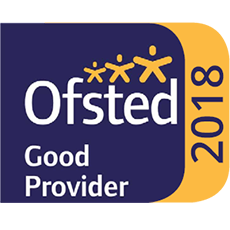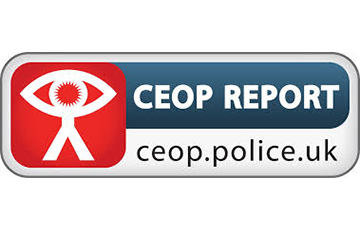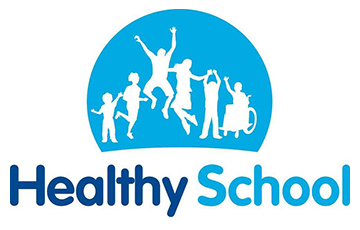Science

Science Curriculum Intent
Our Silver Thread - 'EXPLORING CHANGES'
What is the experience of learning Science at Twyning?
We use the Plymouth Science scheme to ensure careful sequencing and delivery of a full knowledge-based content of the Primary National Curriculum from EYFS to Year 6.
In addition to this, children develop ‘Scientific Enquiry’ skills (comparative fair testing, research, observations over time, pattern seeking and identifying and classifying) and ‘Working Scientifically’ skills (questioning, prediction, setting up tests, observation and measurement, recording, interpreting results and evaluating.)
What are the core concepts we want the children to know?
An understanding and a curiosity about the world from Early Years up to Year 6.
The knowledge base from the National Curriculum.
How to apply ‘Working Scientifically’ / ‘Scientific Enquiry’ skills through the process of practical activities
What does it mean to get better at Science?
Children develop their ‘Scientific Enquiry’ skills and their ‘Working Scientifically’ skills to investigate and learn new information.
Children have a strong knowledge of scientific vocabulary and can verbally describe/explain core scientific concepts to others.
How have we chosen what to teach?
We have selected Plymouth Science because we feel that it gives us the best sequencing of learning of the National Curriculum. The scheme also allows a greater focus on supporting learning through practical activities.
The cross-curricular nature of science is taught through STEM activities. These pull together aspects of Science, Technology, Engineering and Mathematics.
Learning through Achieve, Create, Enjoy
Good quality science learning allows children to develop their ability to ask and answer questions.
Science seeks to capture our wonder and to explore through investigation and observation. It helps children to deepen their understanding and further their knowledge.
A large part of science is also about taking risks. Making predictions and then carrying out tests to see if hypotheses are correct.
Practical activities and open-ended learning opportunities that embodies and enjoyment of becoming a Scientist.





